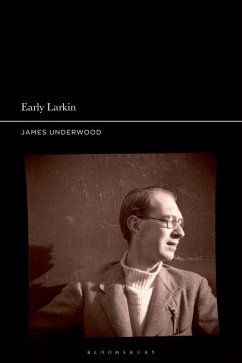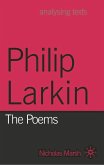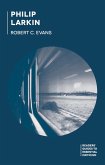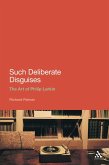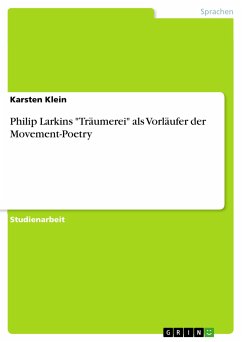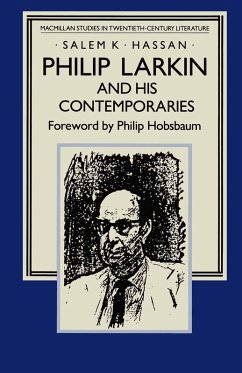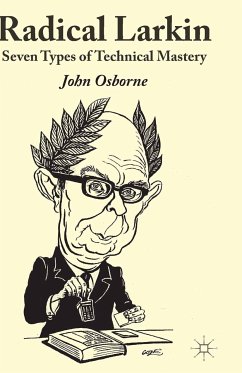"Astute." Times Literary Supplement
Beginning in the late 1930s, this is the first book-length critical study of Larkin's early work: his poetry, novels, short fictions, essays, and letters. The book tells the story of Philip Larkin's early literary development, starting with Larkin's earliest literary efforts and his remarkable correspondence with Jim Sutton, and ending at the point Larkin's maturity begins, with the writing of his first great poems.
In providing a comprehensive and systematic study of this part of Larkin's life, this book also presents a new and surprising narrative of Larkin's development. Critics have presented Larkin's early career as a false start which he overcame by swapping Yeats's influence for Hardy's. Having re-discovered Hardy's poetry in 1946, the story goes, Larkin realised the potential of writing about his own life, and disavowed Yeats.
Central to this book's controversial counter-narrative is an insistence on the significance of Brunette Coleman, the female heteronym Larkin invented in 1943. Three years before his re-discovery of Hardy, Larkin wrote a strange and unique series of works for schoolgirls under Coleman's name. These writings not only led him away from Yeats and other hindering influences, but also away from himself. Whereas the Yeats-to-Hardy narrative emphasises the autobiographical qualities of Larkin's mature verse, Early Larkin proposes that the writer's breakthrough was a result of his burgeoning 'interest in everything outside himself' - itself the consequence of his curious experiment with Brunette Coleman.
Beginning in the late 1930s, this is the first book-length critical study of Larkin's early work: his poetry, novels, short fictions, essays, and letters. The book tells the story of Philip Larkin's early literary development, starting with Larkin's earliest literary efforts and his remarkable correspondence with Jim Sutton, and ending at the point Larkin's maturity begins, with the writing of his first great poems.
In providing a comprehensive and systematic study of this part of Larkin's life, this book also presents a new and surprising narrative of Larkin's development. Critics have presented Larkin's early career as a false start which he overcame by swapping Yeats's influence for Hardy's. Having re-discovered Hardy's poetry in 1946, the story goes, Larkin realised the potential of writing about his own life, and disavowed Yeats.
Central to this book's controversial counter-narrative is an insistence on the significance of Brunette Coleman, the female heteronym Larkin invented in 1943. Three years before his re-discovery of Hardy, Larkin wrote a strange and unique series of works for schoolgirls under Coleman's name. These writings not only led him away from Yeats and other hindering influences, but also away from himself. Whereas the Yeats-to-Hardy narrative emphasises the autobiographical qualities of Larkin's mature verse, Early Larkin proposes that the writer's breakthrough was a result of his burgeoning 'interest in everything outside himself' - itself the consequence of his curious experiment with Brunette Coleman.

